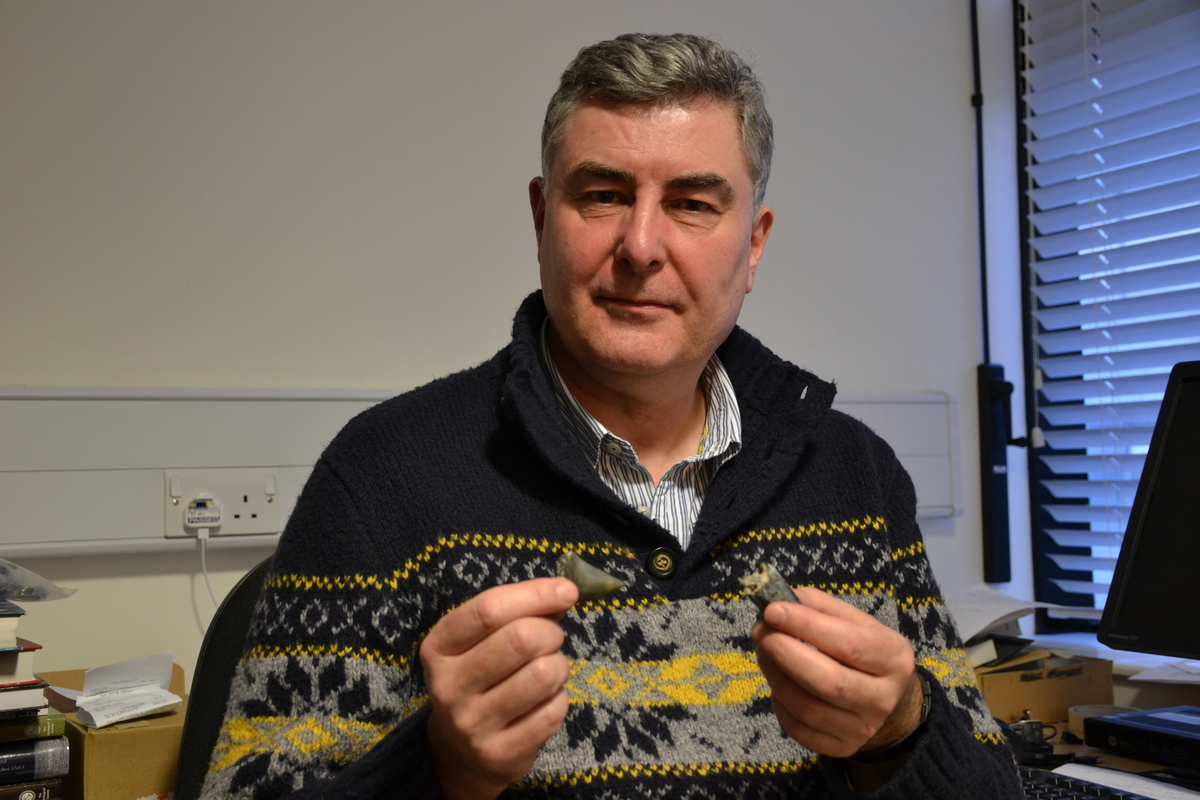The Green Planet Monitor

Green Planet Monitor Podcast
Remember the closing scene from Planet of the Apes? The first in the film franchise? American astronaut George Taylor – played by Charleton Heston — and a female human buddy trotting, horseback, down a lonely beach. Suddenly, an awful sight. Something very familiar, poking out of the sand. The Statue of Liberty. This isn’t a far-off planet. This is Planet Earth, Taylor’s home, long since destroyed by nuclear war, its proud structures now fossilized. Without a doubt, that’s how all of Earth’s great cities will end up, millions of years from now, nuclear war or not.
Mark Williams is a paleontologist at the School of Geography, Geology and the Environment, at the University of Leicester, in the UK. He studies the geology of cities, and their propensity to be fossilized.
Williams is a member of the Anthropocene Working Group (AWG), a task group of the Subcommission on Quaternary Stratigraphy (one of seventeen subject subcommissions of the International Commission on Stratigraphy, the largest constituent body of the International Union of Geological Sciences). The AWG’s task — to come up with a formal proposal to formalize the ‘Anthropocene’ as a new time unit in Earth’s geochronological time scale.
Cities are key components of the Anthropocene, says Williams.

Mark Williams with a pair of ancient fossils
Their precise scientific name is a mouthful. Per- and polyfluoroalkyl substances. But you don’t want them in your mouth. Hard to avoid. Forever chemicals are in adhesive tape; non-stick cookware; greasy food wrap; microwave popcorn bags. Lipstick! They don’t break down, they build up in your body, and they’re very bad for your health. And, most people have them in their blood!
A recent mapping study reports that PFASs are present at high concentrations, in thousands of locations across the UK and Europe. Here’s a report from the US.

Sliedrecht environmental activists dump “contaminated” soil at Chemours gate, Dordrecht, Netherlands
Of all the astonishing things that take place inside a healthy human body, none are more astonishing than pregnancy. Women’s bodies undergo enormous change in the course of nine months of pregnancy, all aimed at promoting fetal growth and development.
Even more astonishing, bacteria in a pregnant woman’s gut help steer the process. Deborah Sloboda studies the role a woman’s gut microbiome plays in healthy pregnancy. Sloboda is a professor in the Department of Biochemistry and Biomedical Sciences, and an associate member of the Departments of Obstetrics, Gynecology and Pediatrics at McMaster University, in Hamilton, Ontario.






 Visit Podcast Website
Visit Podcast Website RSS Podcast Feed
RSS Podcast Feed Subscribe
Subscribe
 Add to MyCast
Add to MyCast